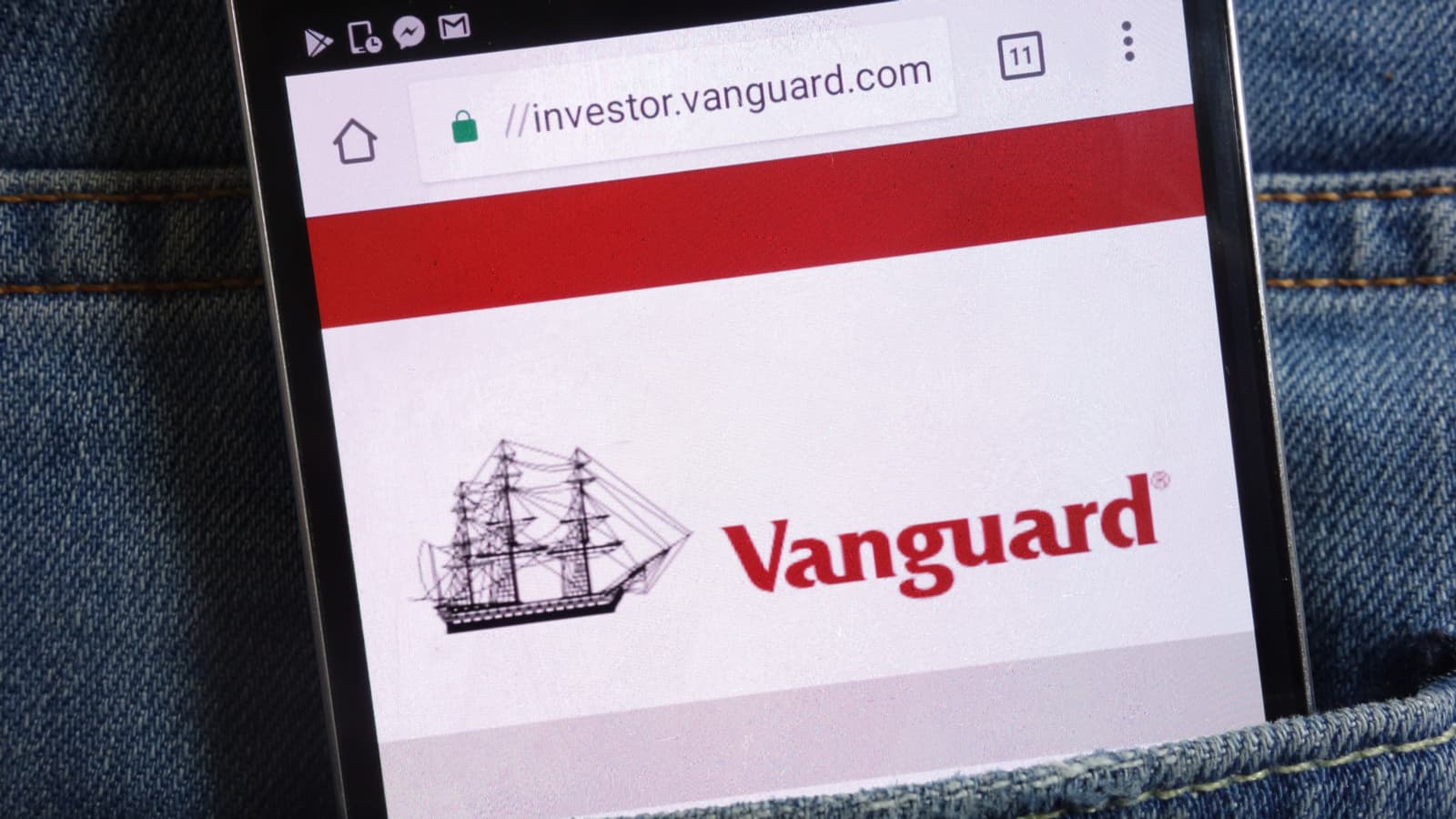Vanguard funds are always easy to recommend because the company is one of the best investment firms on planet Earth. Founded in 1975 by finance legend John Bogle, the company pioneered the exchange traded fund (ETF). An ETF passively tracks a stock index or basket of stocks from a specific economic sector.
Bogle, who died in 2019 at age 89, made it his life’s mission to develop investment vehicles that maximized returns for investors while keeping fees at rock bottom lows, and he succeeded.
Today, Vanguard is the largest provider of mutual funds and the second-largest provider of ETFs in the world with $7 trillion under management. Vanguard is also owned by the funds the company manages, effectively making it owned by its customers.
In this respect, Vanguard is closer to a collective than a corporation. Here are three of the best Vanguard funds investors can buy today.
- Vanguard S&P 500 Index Fund ETF (NYSEARCA:VOO)
- Vanguard Information Technology Index Fund ETF (NYSEARCA:VGT)
- Vanguard Total Bond Market Index Fund ETF (NASDAQ:BND)
Best Vanguard Funds to Buy Now: S&P 500 Index Fund ETF (VOO)

This is one of the best Vanguard funds to buy, and one of the investment company’s most popular. That is because it tracks the S&P 500 index that is comprised of a wide swath of stocks – small, midsized and large-cap names.
Investing gurus such as Warren Buffett advise individual investors to buy an exchange traded fund that tracks the S&P 500, and, in fact, Buffett himself holds VOO stock in the portfolio of his holding company Berkshire Hathaway (NYSE:BRK.B).
As it passively tracks the S&P 500 index, VOO stock mirrors the performance of the index. Year-to-date, it has gained 22% just like the S&P 500. In the past year, the fund is up 31%, and it has averaged an annual return of 16% over the last decade.
Top holdings in the fund reflect the biggest stocks in the S&P 500 based on their market capitalization weighting and include Apple (NASDAQ:AAPL), Microsoft (NASDAQ:MSFT), Tesla (NASDAQ:TSLA) and JPMorgan Chase (NYSE:JPM), to name a few.
As with all Vanguard funds, the S&P 500 index fund comes with low fees of just 0.03% and pays a quarterly dividend of $1.33 per share. What’s not to like?
Information Technology Index Fund ETF (VGT)

Technology has been the big outperformer in recent years, and the Vangurad Information Technology Index Fund is a great way for investors to get exposure to many of the biggest tech stocks.
Top holdings include heavy hitters such as Apple, Microsoft, Nvidia (NASDAQ:NVDA), PayPal (NASDAQ:PYPL) and Salesforce (NYSE:CRM).
Owing to its focus on large-cap technology stocks, VGT stock has been one of Vanguard’s best performing in recent years, delivering gains of 30% over the past year and averaging 23% returns over the last 10 years.
The fees for this actively managed fund are a little more expensive at 0.10% but still well below the 1.04% average expense ratio charged for similar technology-focused funds.
As with other Vanguard funds, the Information Technology Index Fund pays a quarterly dividend that is currently set at $0.59 per share but which has been as high as $0.84 a share.
The price to own shares of VGT is not cheap at $426.41, but given the fund’s impressive track record of gains and the broad technology exposure it provides, it is worth the cost for growth-oriented investors.
Vanguard Funds: Total Bond Market Index Fund ETF (BND)
Investors who are a little more cautious and want to hedge against market volatility might want to consider Vanguard’s Total Bond Market Index Fund.
This fund provides broad exposure to a broad swath of U.S. investment-grade bonds that are stable and reliable. Of course, investors should not expect big gains from the Total Bond Market Index Fund, but hefty gains are not the reason to purchase government debt instruments.
The BND fund actually produced a slightly negative return of -0.58%. However, over three years, the fund returned 5% to investors, and its gains amounted to an annual average of 3% over 10 years.
However, there are other good reasons to buy the BND ETF. In addition to being extremely stable and able to remain steady during times of market turmoil, the fund also charges an extremely low fee of 0.04% and pays out a quarterly dividend of $0.14 per share.
The fund is extremely affordable at its current price of $86 a share. Since last fall, the cost to own shares of the BND fund have fluctuated between $86 and $88. Again, great stability in all type of markets, which is why investors should diversify and anchor their portfolios with a healthy allocation of bonds.
Disclosure: On the date of publication, Joel Baglole did not have (either directly or indirectly) any positions in the securities mentioned in this article. The opinions expressed in this article are those of the writer, subject to the InvestorPlace.com Publishing Guidelines.
Joel Baglole has been a business journalist for 20 years. He spent five years as a staff reporter at The Wall Street Journal, and has also written for The Washington Post and Toronto Star newspapers, as well as financial websites such as The Motley Fool and Investopedia.

